
Silence: Two Worlds Collide
I attended the Blue Ridge Writer’s Conference for the fourth time last May. I did not know if I…
February 22, 2024
I attended the Blue Ridge Writer’s Conference for the fourth time last May. I did not know if I…
February 22, 2024
Otto Frederick Rohwedder (1980-1960) and Charles Perkins Strite (1978-1956)—not exactly celebrities. Though, perhaps they should be. Their combined ingenuity…
February 20, 2024
Currently, here in my “neck of the woods” as we call it in Eastern Kentucky, we are in the…
October 6, 2023
“Walking on Sunshine” “You are my Sunshine” “Keep on the Sunny Side” Okay, which one are you singing right…
August 6, 2023
Recently, I had a bad fall off my bike, it was the first time in years I had fallen…
May 29, 2023
Do you hate being late? The feeling of missing out on the first of a dinner can be frustrating.…
March 18, 2023
Writers Chat, hosted by Jean Wise, Johnnie Alexander, and Brandy Brow, is the show where we talk about all…
February 18, 2023
I stared at the one-inch thick pine board and sighed. I had attempted the side-kick break for what seemed…
October 9, 2022
For almost half a year, I have gone through another rough season in my life. I have left a…
September 29, 2022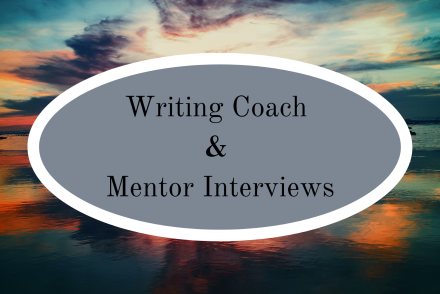
Why do you write? Do you have a theme, message, or goal for your books? While I never set…
September 19, 2022
These days, there are numerous opportunities to get a decent project for freelance writers. Such platforms like Upwork, Fiverr,…
August 31, 2022
As a writer it is important to get your details right, even in fiction. I am working on final…
June 20, 2022
Let’s begin with good news for writers. Despite what you may be hearing from literary agents and editors, every…
May 28, 2022
The proverbial journey of a thousand miles begins with the one step. But it doesn’t end there. Writing an…
May 7, 2022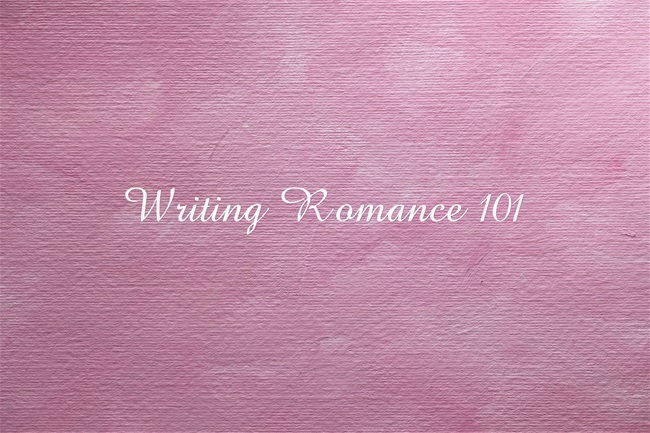
If your planning your first romance novel, you’re probably thinking about all the great romantic scenes you can write…
December 23, 2021
Surviving a writing slump can be challenging. Getting paid by the word or the project hardly equates to a…
December 17, 2021
“At your times of rejoicing—your appointed festivals and New Moon feasts—you are to sound the trumpets over your burnt…
December 3, 2021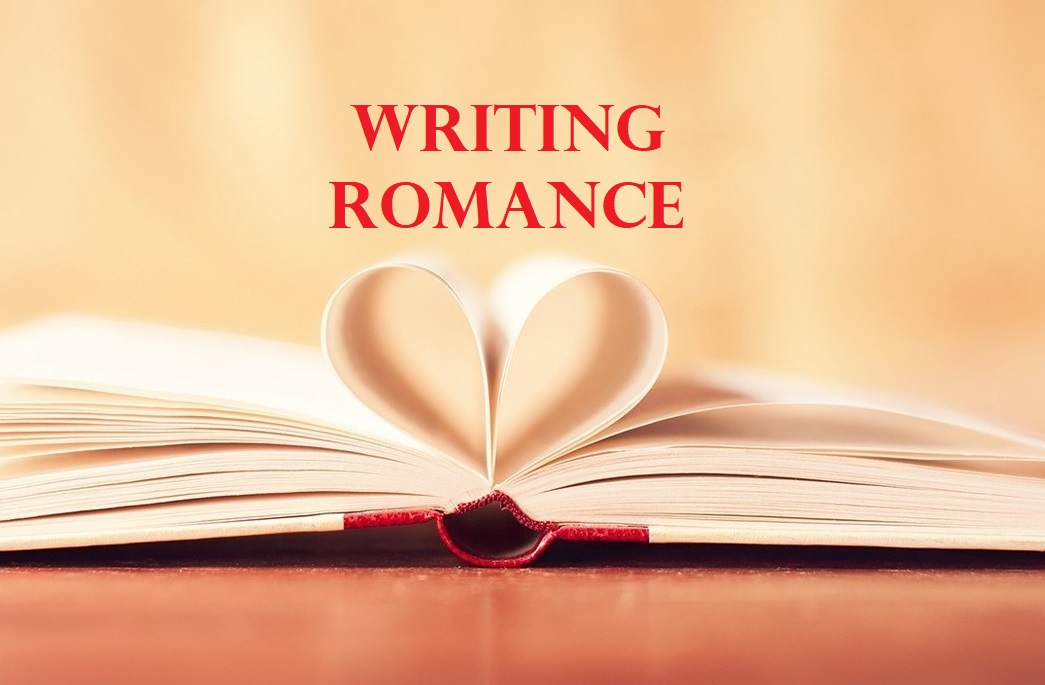
Writing teachers often talk about the story arc and character arc, meaning how the story is constructed or how…
November 23, 2021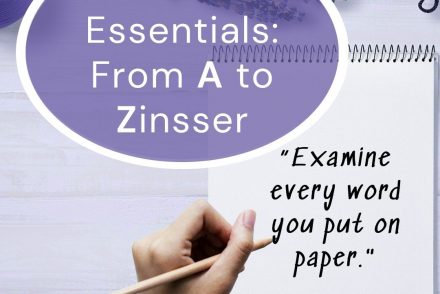
“A writer will do anything to avoid the act of writing.” William Zinsser Every writer or published author has…
November 21, 2021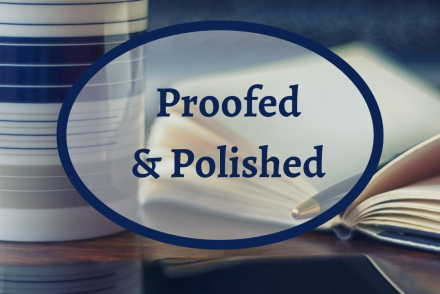
Have you ever decided to buy a certain product because the packaging assures you that it’s better? I didn’t…
November 10, 2021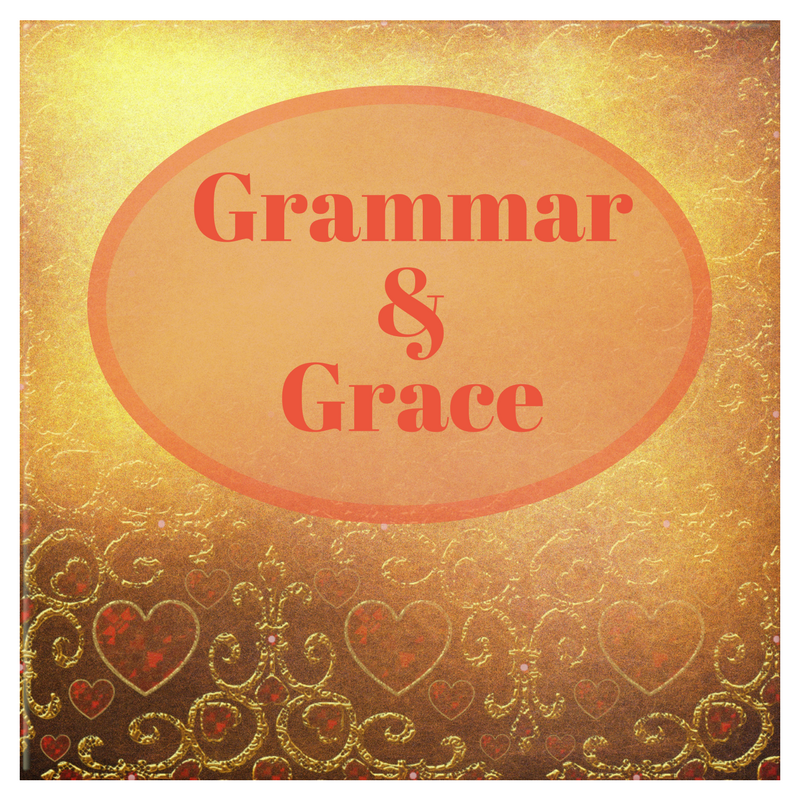
Do you cringe when someone scratches her fingernails down a blackboard or clicks her teeth against a metal utensil?…
January 18, 2019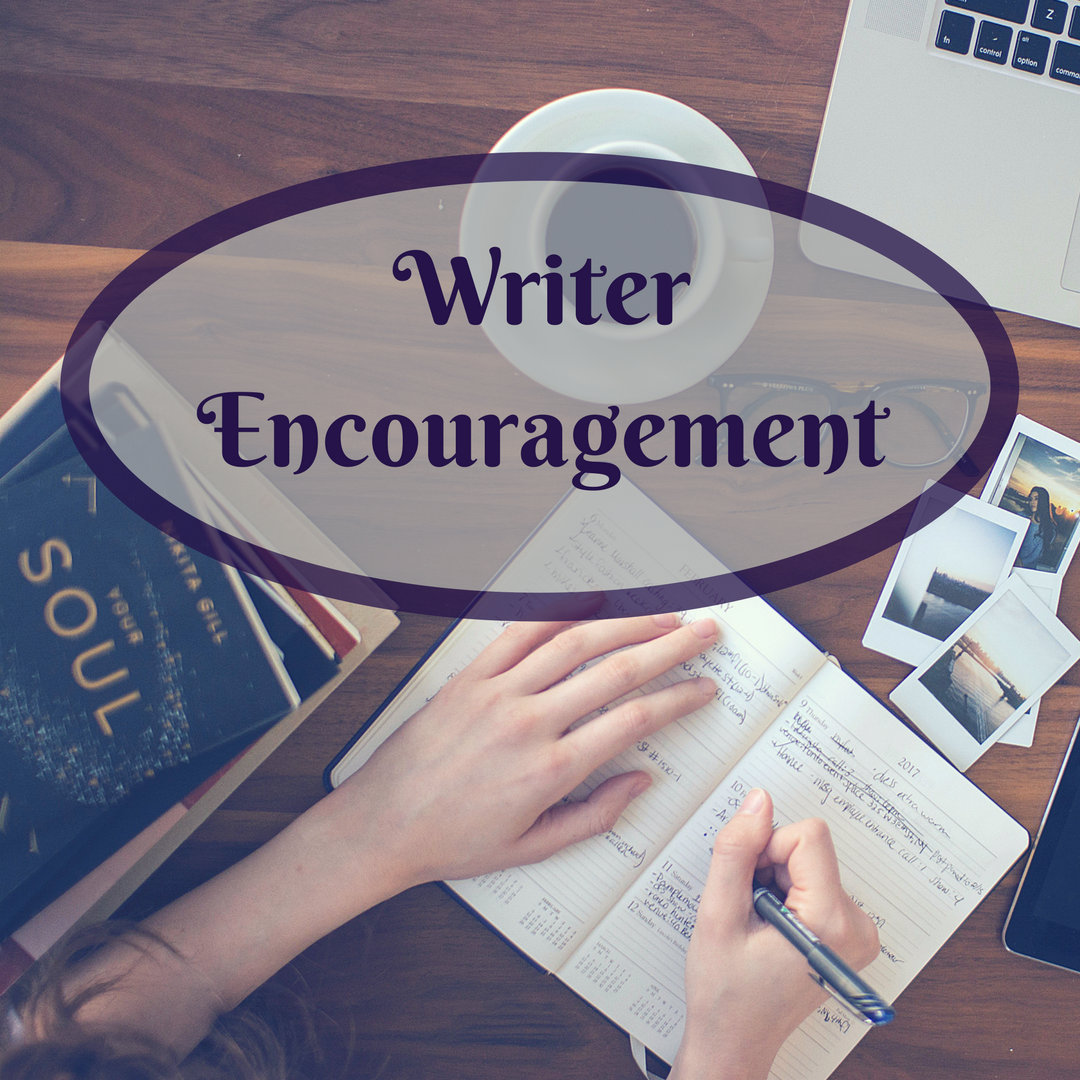
Have you ever thrown your hands up in defeat after reading your manuscript and groaned, “Someone Call 911!?” Maybe…
January 11, 2019
“What do you write?” Sit down with a group at a writers conference or anywhere else writers gather, and…
November 6, 2018
I was recently polishing my latest manuscript. One of the subplots involves a grant payout with large sums of…
October 18, 2018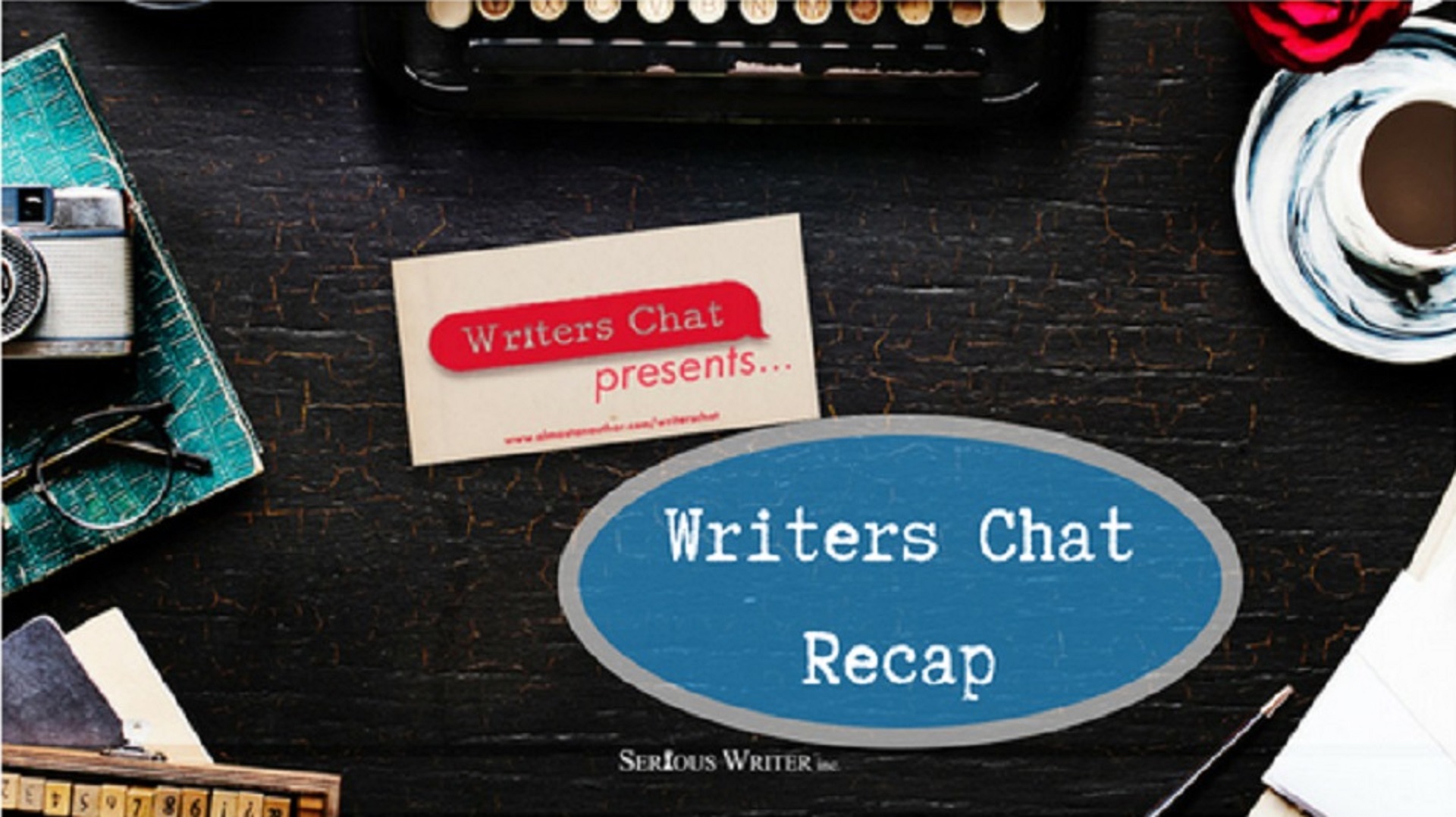
Writers Chat, hosted by Jean Wise, Johnnie Alexander, and Bethany Jett, is the show where we talk about all…
October 15, 2018